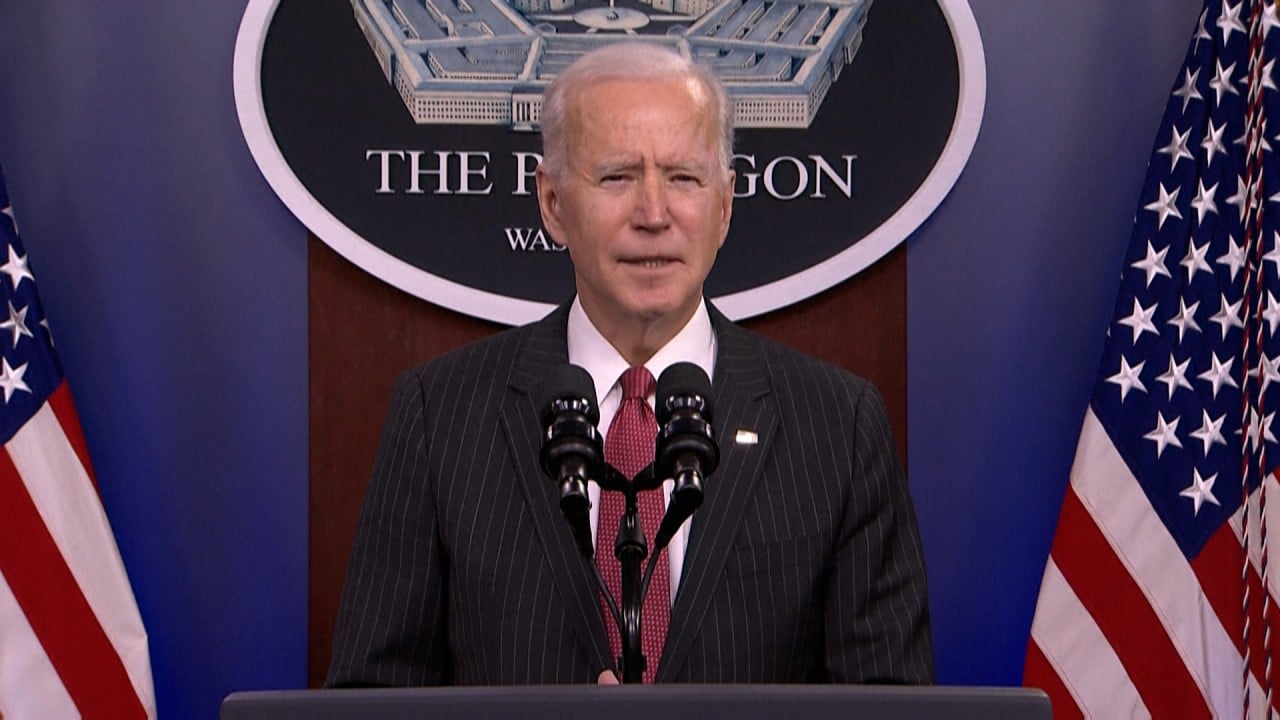
00:41
US President Joe Biden orders new Pentagon task force to review China strategy
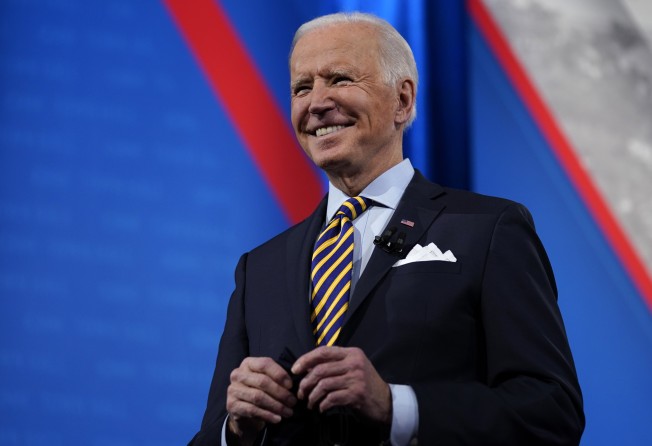
US President Joe Biden has chosen a slew of China specialists for key positions in his administration, signalling a shift in resources to continue Washington’s tougher approach against Beijing in a renewed “pivot to Asia”.
The appointments across departments include Asia experts and veteran advisers from the former Barack Obama administration, but reflect the deepening bipartisan consensus for a more hardline policy to compete with an increasingly aggressive China. Biden’s cabinet picks, including US Secretary of State Antony Blinken, have said China represents the greatest strategic threat to the United States.
Sarah Kreps, a professor of government and law at Cornell University, said the new administration’s team has indicated it will chart a different path in China policy, with Biden warning of “extreme competition” compared to Obama’s efforts for a strategic partnership between the countries.
“All of the signs coming out of the administration are that even if many of the individuals are the same as a decade ago, the policies will not be,” she said. “The specifics are still unclear but the change in tone from the Obama administration is unambiguous.”

00:41
US President Joe Biden orders new Pentagon task force to review China strategy
Biden last week announced the launch of a new China task force under the Department of Defence to review US strategy towards China, which he said would require a “whole-of-government effort, bipartisan cooperation in Congress, and strong alliances and partnerships”.
US Secretary of Defence Lloyd Austin has said he would put a “laser-like focus” on ensuring a competitive edge over China, and would push back on Beijing’s efforts to be a dominant world power.
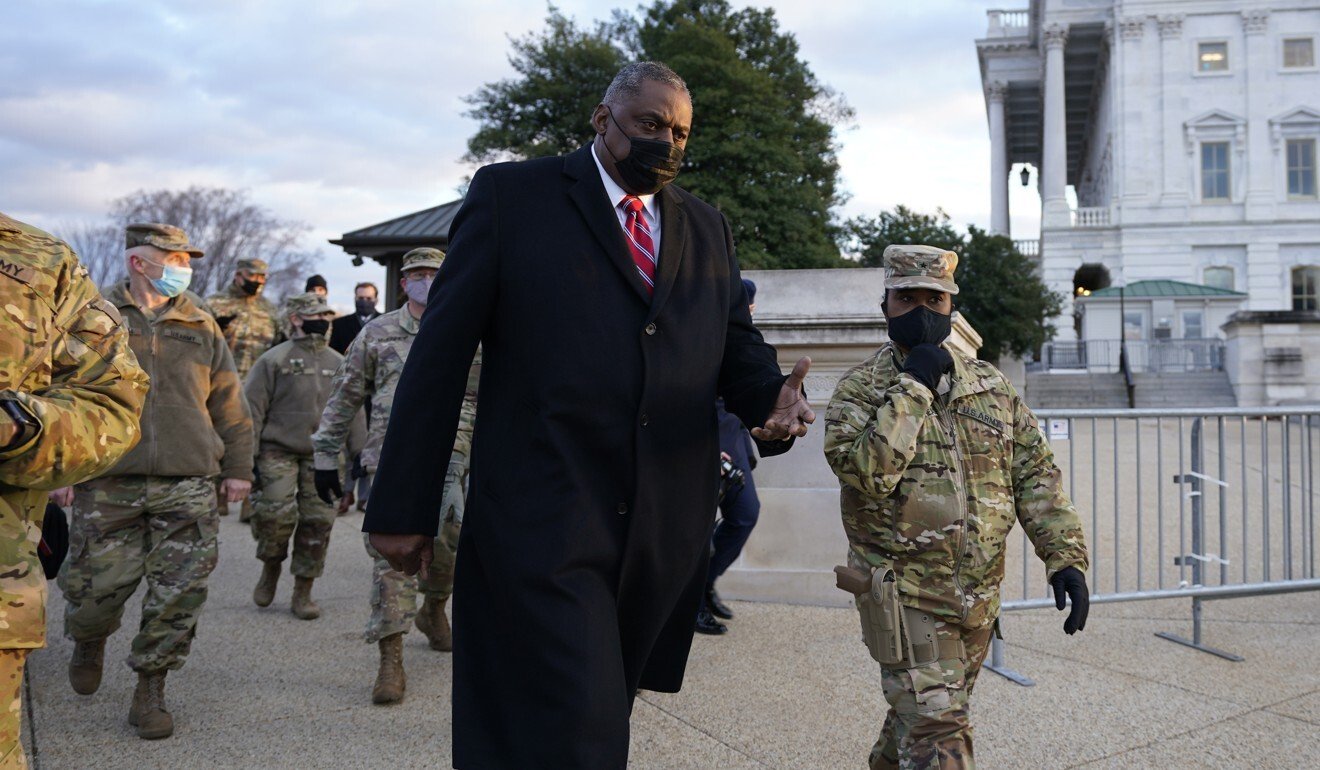
Ely Ratner, a China hand who served as then vice-president Biden’s deputy national security adviser, was tapped to lead the China task force as a special assistant to Austin. Last summer, Ratner co-wrote a commentary calling for multiple US strategies on China, including blocking Beijing’s hi-tech authoritarianism and its dominance in the South China Sea, while cooperating in areas such as climate change. It also urged a boost to innovation in the US, and building international coalitions to deal with China on trade and human rights.
“A new and different era of competition between the United States and China is dawning,” the piece argued. “Washington needs to update its mindset as well.”
Also at the Pentagon is deputy secretary of defence Kathleen Hicks, who described China as the “pacing challenge of our time”, as well as deputy assistant secretary Michael Chase, who researched Chinese military modernisation at the think rank Rand, and chief of staff Kelly Magsamen, former principal deputy assistant secretary of defence for Asian and Pacific security affairs.
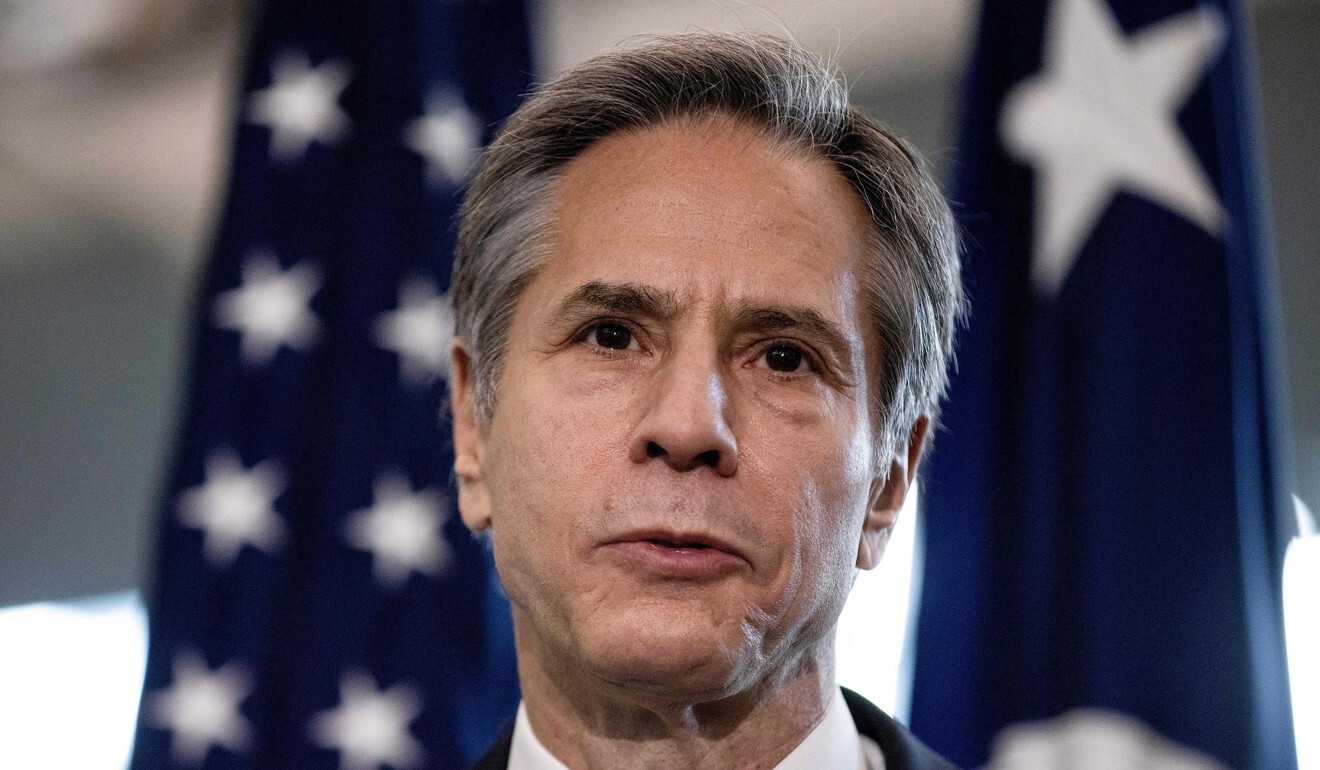
In the State Department, the greater focus on China has been led by Blinken, who has endorsed former US president Donald Trump’s tougher approach against Beijing but has advocated for a path that focuses more on US allies and working within multilateral frameworks.
The team also includes Mira Rapp-Hooper – who has written on how Washington can recapture military and economic primacy to counter China and Russia – as a senior adviser on China in policy planning, and former lead negotiator of Obama’s Iran deal Wendy Sherman – who has described the US and China as the “central relationship of our time” – as deputy secretary of state.
Melanie Hart – Biden’s pick for China policy coordinator serving the undersecretary of state for economic growth, energy and the environment – co-wrote a report in October for the Centre for American Progress think tank on a comprehensive US strategy to counter Beijing’s industrial subsidies and Chinese telecoms giant Huawei Technologies.
“Thus far, the United States has largely overlooked the market-distorting industrial policies that Beijing uses to make Huawei the global front runner. This must change,” the report said.
On the security side, the National Security Council (NSC) has also been bulked up by China specialists who have been vocal about the China challenge. Kurt Campbell, the chief architect of Obama’s “pivot to Asia” strategy, will be Biden’s senior official for the Indo-Pacific at the NSC. Campbell and Rush Doshi – Biden’s pick for China senior director on the NSC – co-wrote a piece for Foreign Policy in January that advocated for “serious US re-engagement” in Asia, including with more US military and intelligence partnerships in the region and a “conscious effort to deter Chinese adventurism”.
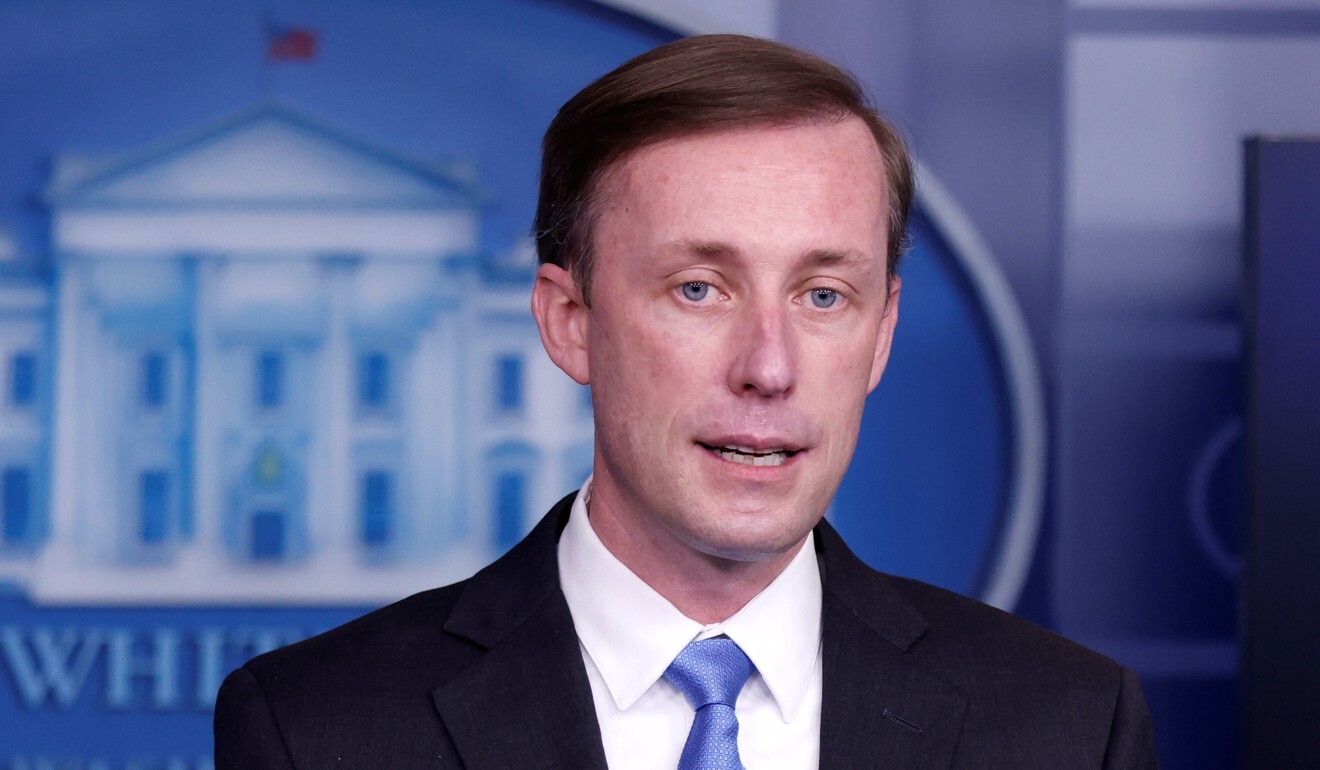
Jake Sullivan, Biden’s national security adviser, has called for a “chorus of voices” with allies to push back against China, stronger ties with European and Asian partners, and more US government investments in emerging technologies to compete with China.
Also at the NSC are director for China Julian Gerwitz, a modern Chinese historian who has written about China’s economic reforms, and Laura Rosenberger, senior director for China at the NSC and an Obama administration adviser, who has been a vocal critic of Beijing’s interference in US politics and Chinese propaganda during the coronavirus pandemic.
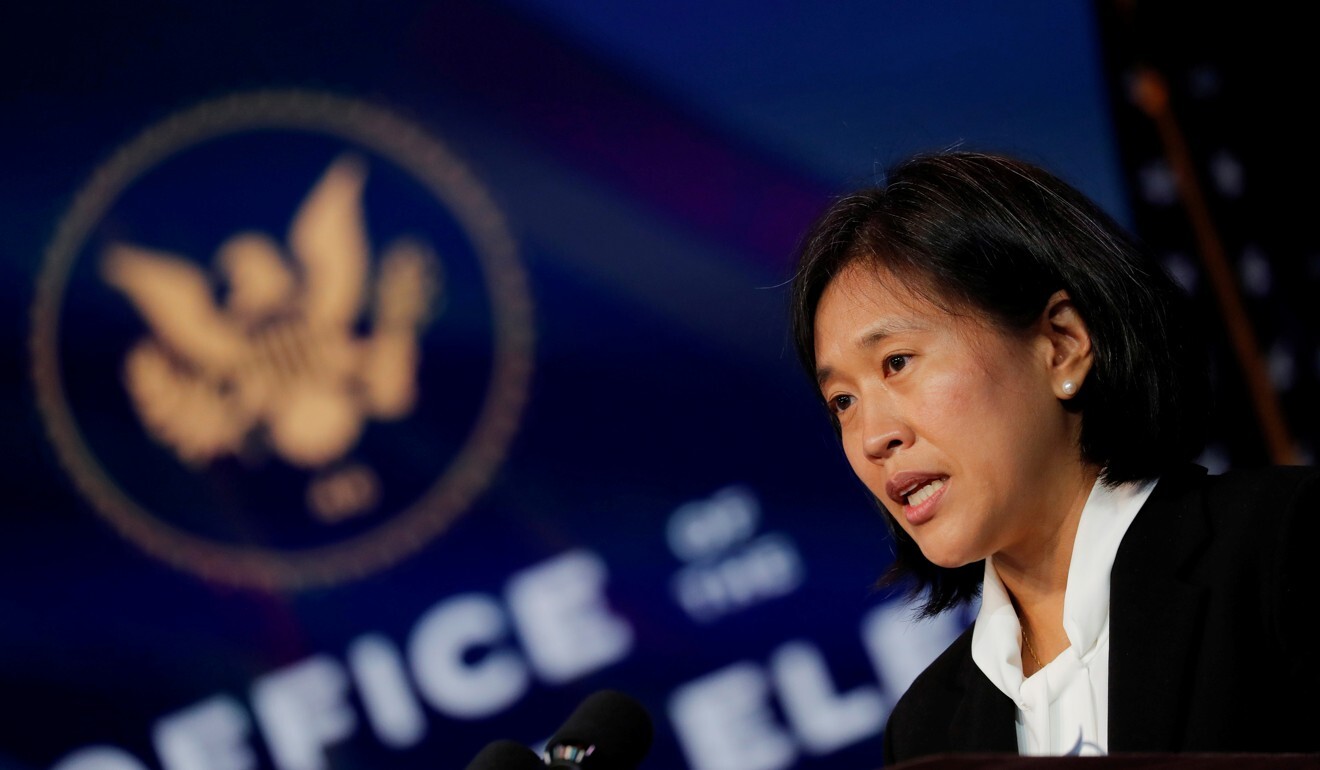
On the economic side of government, US Treasury Secretary Janet Yellen has said the US is prepared to “use the full array of tools” against “abusive” Chinese practices, and US Secretary of Commerce Gina Raimondo has criticised Chinese actions as “anticompetitive, hurtful to American workers and businesses, coercive”. Katherine Tai, Obama’s chief counsel for China trade enforcement, will be Biden’s top trade negotiator, a key role given the ongoing trade war between the two powers.
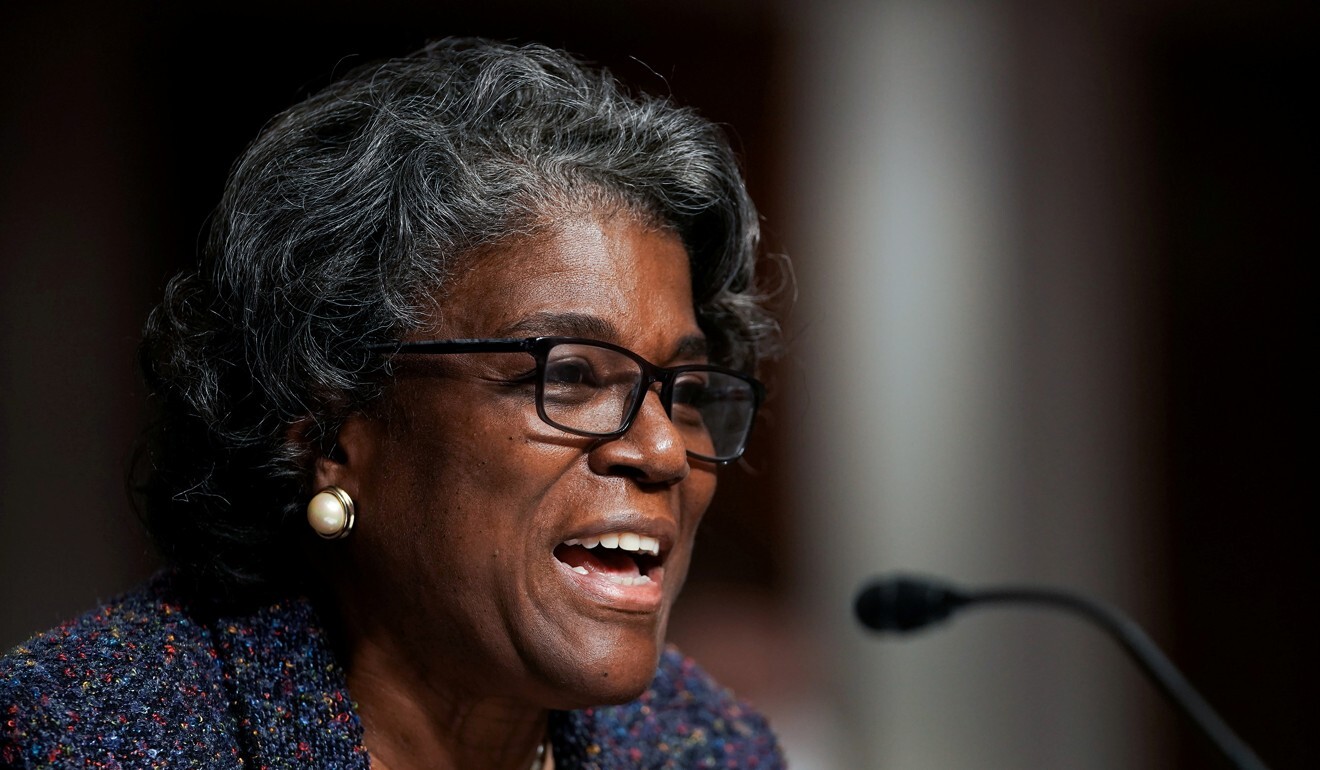
Meanwhile on the world stage, US ambassador to the United Nations nominee Linda Thomas-Greenfield has pledged to counter China’s “authoritarian agenda” across the UN. Her deputy ambassador will be Jeffrey Prescott, who was deputy national security adviser and senior Asia adviser for Biden when he was vice-president and is a noted China hand who founded the Yale Centre Beijing.
Prescott told Reuters in October that immediate consultation would be needed to “identify areas where we can bring collective leverage on China”.
“The failure of the Trump administration has been to go it alone,” he said. “And that has given China an escape hatch.”